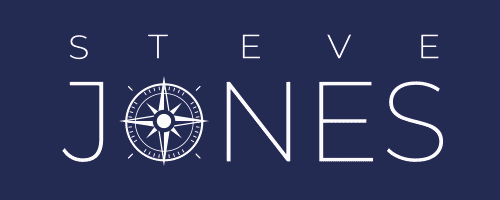
Operations Management
____
What is Operations Management and why is it interesting? It is characterised by high levels of autonomy and responsibility for people and work. An element of the responsibility is for the safety of other people.
To do this in high risk environments on expeditions or as a base manager in Antarctica requires a set of leadership and management skills and qualities beyond those needed in more conventional work settings. It is characterised by being on duty, ready to respond to whatever may happen or go wrong with no separation from work and home because you don’t go home.
When an incident occurs the manager’s role is to plan and coordinate a response, and this often means sending others to face the same dangers that have caused the incident in order to help those in need.
There is no time to develop trust or to learn how to do your job, or anyone else’s job, or to do any training, this all needs to have been done before.
When you are on duty at an isolated base camp on the remotest regularly climbed mountain on Earth, deep in the highest mountains in Antarctica, it doesn’t take much to go wrong to make life challenging. The ability to make significant decisions with totally inadequate information is made easier by experience of management in the environment, thorough training, and established processes and protocols.
One evening when I was the manager at Mount Vinson base camp in Antarctica, the satellite phone rang. The male voice at the other end said “we’re coming down the headwall.” The call dropped. Straight away, I thought this was intended to be the start of an emergency call asking for help. Twenty minutes later the satellite phone rang again. Another voice said “we need immediate back up.” The call dropped. There was nothing else. On the basis of these two brief sentences I made the decision to organise a mountain rescue that would impact multiple teams on the mountain, I would ask others to put themselves in harm’s way and this would be my exclusive focus day and night for several days.
There was no rescue service, I needed to create one. I asked for help from my two colleagues, from two other guides who had their own clients to look after, and an independent pair of mountaineers. These six went out into a fearsome storm, put themselves at significant risk to go to the aid of a team stuck in crevasses in the teeth of a gale at -30˚c giving wind chill equivalent temperatures in the -60˚s higher on the mountain. A successful conclusion meant that it didn’t become an international news story of multiple fatalities, but it was a profound experience for everyone involved.
The interrelationship between remote locations, hazardous activities, adverse weather, distance and time from help all combine to make overseas operations management a challenging responsibility. 25 years of doing it has given me many valuable lessons for my talks and presentations to businesses and organisations. Insights that you don’t have to go to the end of the Earth to benefit from.
“Steve set the standard by which I judge safety and logistics planning. An eye for detail and an understanding of all the teams’ needs, really sets him apart from the crowd.”


